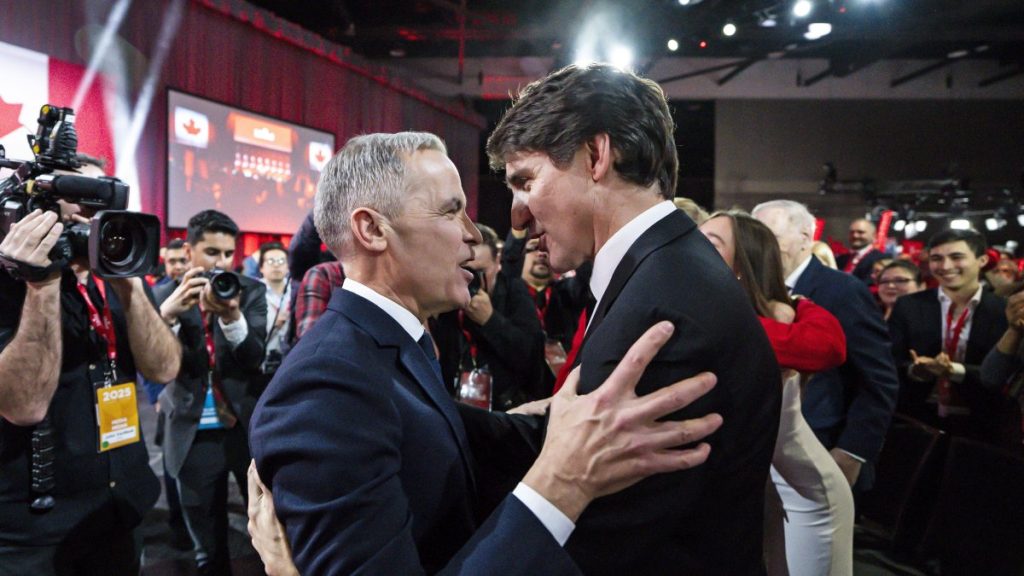The recent federal election in Canada delivered one of the most astonishing political turnarounds in our country’s modern history. Just months ago, the Liberal Party of Canada was languishing in the polls, burdened by scandal fatigue and a plummeting approval rating for then-Prime Minister Justin Trudeau – at one point dipping below 20%, his worst ever.
Beset by internal dissent and mounting public frustration, Trudeau stepped down. The Conservative Party and the New Democratic Party (NDP) were quick to mock the implosion, already measuring the curtains of power. With the Liberals adrift, they turned to a little-known economist with an impeccable resume but virtually no public profile. Few could have predicted that his rise would spark a political comeback of historic proportions.
But this wasn’t just a story of party leadership. It was a study in how rapidly the political winds can shift – and how a nation, when confronted with external threats and domestic missteps, can recalibrate its priorities almost overnight.
Fall and rise of Trudeau
Trudeau’s resignation followed relentless personal attacks and political satire that bordered on character assassination. In Alberta and beyond, anti-Trudeau sentiment was so visceral that pickup trucks were routinely seen with vulgar bumper stickers. Along Highway 2, a 20-foot sign likening him to the devil stood as a symbol of the hostility he faced.
Yet, when he finally bowed out, something unexpected happened. Canadians – often slow to show sentiment in politics – began to feel sympathy. Bullies, after all, don’t play well with the Canadian psyche. Trudeau’s exit sparked a re-evaluation of his legacy: national child care, dental care, record immigration policies and COVID-19 leadership were all brought back into the spotlight. Canadians began to see him not as the villain portrayed in the media, but as a flawed yet consequential leader.
Trump catalyst, national pride
Then came the wild card: U.S. President Donald Trump. In a string of increasingly surreal statements, Trump suggested that Canada, along with Greenland and the Panama Canal, should “join” the U.S. What began as an eyebrow-raising soundbite soon spiraled into a full-blown sovereignty scare.
At first, Canadians chuckled. Then, they cringed. Finally, they rallied.
The Liberal Party, sensing the historic moment, positioned itself as the guardian of Canadian sovereignty. Nationalist fervor swept the country, and Trudeau, though no longer the leader, delivered one final, impassioned speech that struck a patriotic chord. The tide turned. Canadians weren’t laughing anymore; they were listening. The Liberals, with their new leader Mark Carney at the helm, embodied the defense of national identity.
Meanwhile, the Conservatives floundered. Initially silent, they eventually echoed support for Canadian sovereignty, but by then, it was too little, too late. Voters had already decided who they trusted to stand up to foreign aggression, not the party echoing Republican talking points from south of the border.
Conservative bankruptcy
Rather than recalibrating their platform to address voter concerns, the Conservative Party doubled down on divisive rhetoric. They questioned immigration, threatened to deport unruly students and floated the idea of walking away from the Geneva Conventions. Their vow to defund the Canadian Broadcasting Corporation (CBC) and roll back popular social programs like universal dental care alienated centrist voters.
Then came the moment that sealed their fate: In a live interview, party leader Pierre Poilievre referred to Canadians as “stupid.” For many, it confirmed their worst fears – that this was a party out of touch with everyday people, content to view the country through a lens of disdain.
The party’s messaging, steeped in a worldview that sees society as inherently broken and sinful, failed to resonate with Canadians who value resilience and hope. Weaponizing pain and suffering to rationalize social cutbacks may work in some places, but not here.
A minority with meaning
When the votes were counted, the Liberals came just two seats shy of a majority, securing 170 seats. The Conservatives gained 22 seats, finishing with 143, but Poilievre lost his own seat in Ottawa. The NDP, once seen as kingmakers, lost 18 seats, including their leader Jagmeet Singh’s.
For marginalized and disenfranchised communities – including many in the Canadian Muslim community – this was a positive outcome. A Liberal minority government, accountable to Parliament, is far less likely to be swept away by corporate lobbying or ideological overreach. It must listen. It must compromise. It must be led carefully.
And in this moment, careful leadership is exactly what Canada needs.


